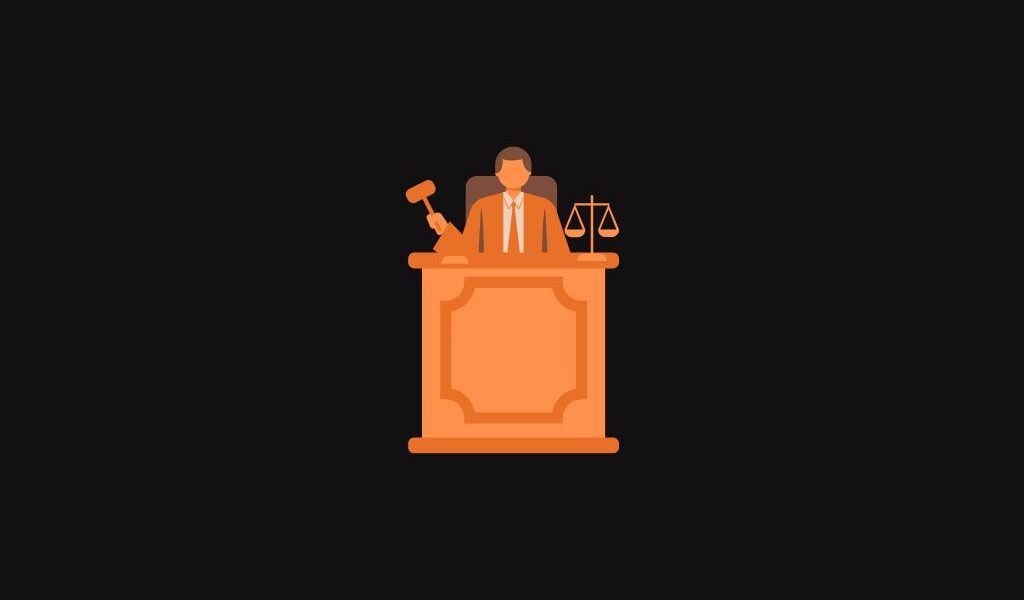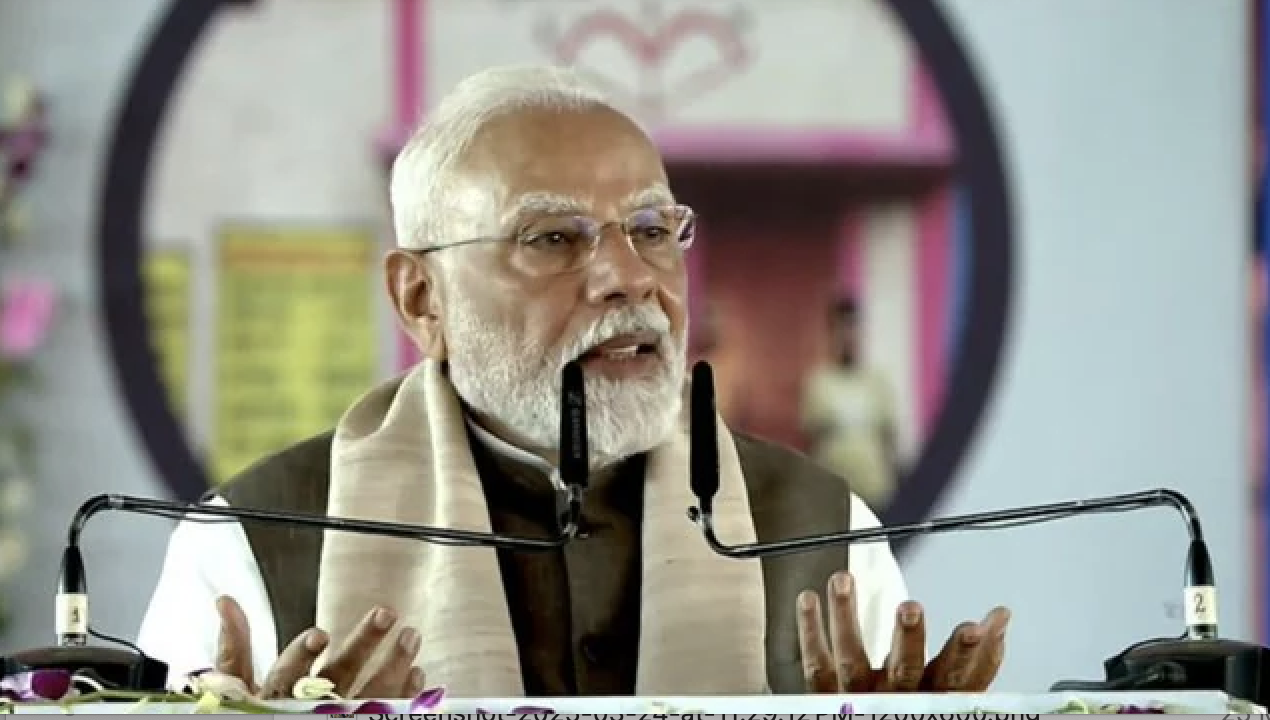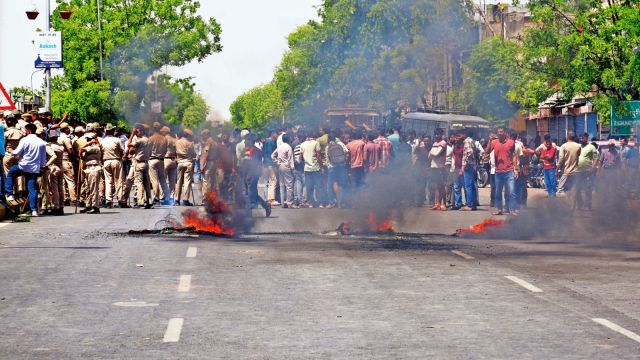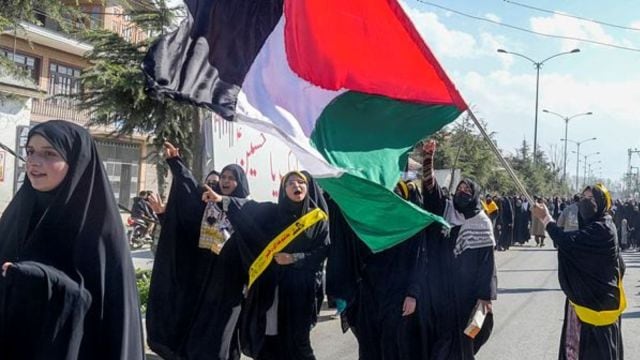
By Siddharth Varadarajan
Since the National Democratic Alliance government is led by someone who is from the Rashtriya Swayamsevak Sangh and spent his formative political life there before ‘migrating’ to the Bharatiya Janata Party in 1985, it is hardly surprising that it has lifted the official ban on civil servants joining or taking part in RSS activities.
What is surprising and even shocking is the Madhya Pradesh high court judgment which not only supports the lifting of the ban but also “laments the fact that it took almost five decades for the Central Government to realise its mistake (sic); to acknowledge that an internationally renowned organisation like RSS was wrongly placed amongst the banned organisations of the country and that its removal therefrom is quintessential.”
On July 9, 2024, an office memorandum was issued by the Department of Personnel and Training – which reports to Prime Minister Narendra Modi — saying that “it has been decided to remove the mention” of the RSS from earlier government orders issued in 1966, 1970 and 1980 which had held Union government employees who joined or otherwise associated themselves with the activities of the RSS and Jamaat-e-Islami liable to disciplinary action.
No reason or rationale was given but the context of this order was evidently a PIL filed by a retired civil servant in the Madhya Pradesh High Court alleging that the official ban stood in the way of his working with the RSS. Even though the ban applied only to those in service and could not possibly have affected a retired person’s freedom of association, the court decided to entertain his petition and issued notice to the Union government. This then became the government’s alibi to remove the RSS from its earlier orders.
As amended, the official ban on government employees is now confined to the Jamaat-e-Islami.
This story was originally published in thewire.in. Read the full story here.






